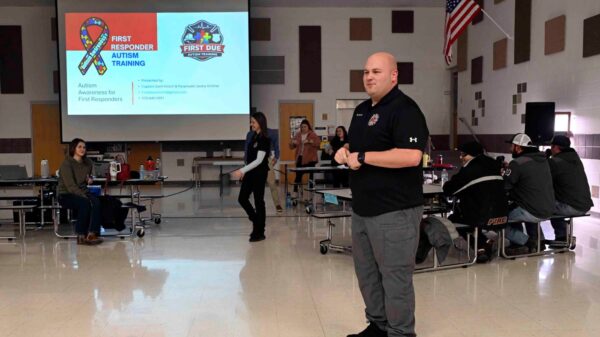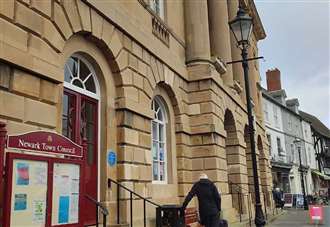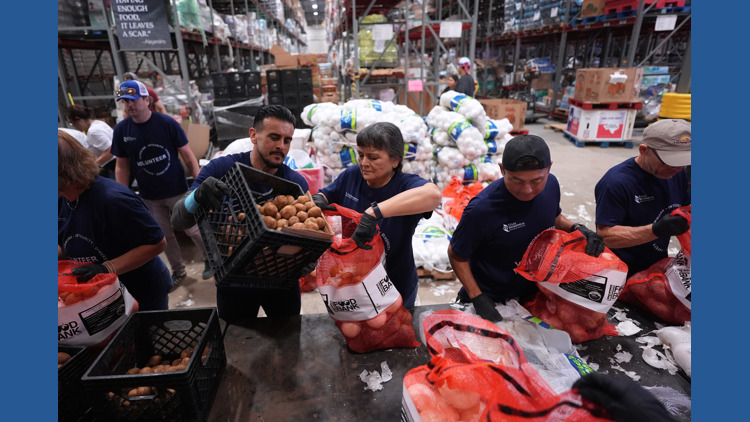As the U.S. government faces an extended shutdown, community volunteers across the nation have mobilized to provide essential services and support to those affected. This grassroots response has featured initiatives aimed at bridging gaps in food assistance and other critical resources.
Local Initiatives Emerge in Response to Food Insecurity
In late October, a meeting among four women at a brewery in the Florida panhandle led to the creation of Pensacola Grocery Buddies. Co-organizer Hale Morrissette, the operations director at a local health nonprofit called ROOTS, explained that the initiative pairs individuals uncertain about their SNAP food benefits with volunteers willing to cover grocery costs and deliveries. Within just two weeks, the group has facilitated over 300 matches and raised more than $10,000 to support those they could not directly assist. Morrissette emphasized the non-partisan nature of their work, stating, “It’s about service and it’s about taking care of each other.”
As the shutdown continues, volunteers are stepping in to support a diverse range of services. For example, at the Oklahoma City National Memorial, volunteers have taken over tours typically led by furloughed National Park Service rangers. Pat Hall, a 74-year-old state lobbyist and trustee of the memorial, felt compelled to act. He expressed his commitment to ensuring that visitors learn about “the Oklahoma standard,” a concept that emerged in the wake of the 1995 bombing that killed 168 people. Hall noted, “I have to give back,” highlighting a shared ethos among volunteers.
Grassroots Organizing Grows Amid Crisis
The need for community support has intensified, particularly as many organizations face declining volunteer numbers in recent years. Anna Culbertson, who was laid off from her position at the National Institute of Allergy and Infectious Diseases, co-founded 27 UNIHTED, an alumni network providing career resources and peer support. In response to the government shutdown, the network organized food drives for federal employees and created a resource spreadsheet for furloughed workers. Culbertson reflected on her transition from a career civil servant to a grassroots organizer, stating, “We’re not professional organizers… We’re people who care and help a lot.”
At Norte Vista High School in Riverside, California, the school’s culture of civic engagement has amplified its efforts to assist families facing food insecurity. Principal Jason Marquez reported a partnership with local businesses for their “Thanksgiving Hands” initiative, which delivers meals to needy families. Community schools site coordinator Jaymee O’Rafferty described how students are actively participating, with many experiencing food insecurity themselves. “If they have 10 cans in their pantry, they’re gonna bring five to donate,” O’Rafferty said, showcasing the students’ commitment to helping their community.
As lawmakers approach a potential resolution to the shutdown, initiatives like Pensacola Grocery Buddies continue to thrive. Morrissette noted the ongoing need, stating that families were already struggling with their grocery budgets even before the suspension of SNAP benefits. The organization is planning a “Neighbors’ Night Out” fundraiser on November 15 to further meet the growing demand for support.
The dedication of volunteers across the country not only addresses immediate needs but also fosters a sense of community resilience amid uncertainty. As Morrissette aptly put it, “We need joy in this world that tells us we shouldn’t have hope.”
This wave of community engagement reflects a powerful response to the challenges posed by the government shutdown, underscoring the importance of mutual support in times of crisis.








































































